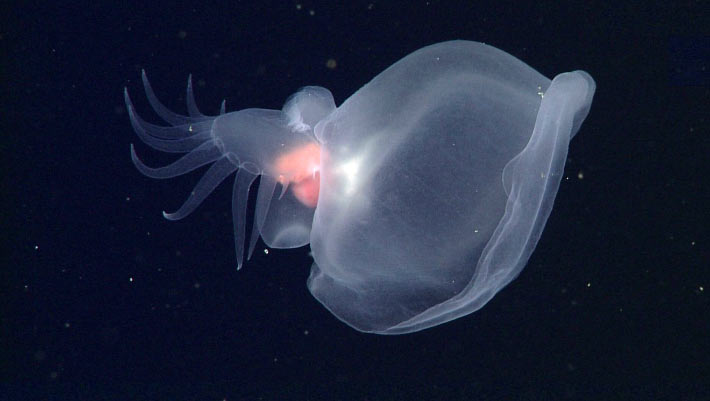Things turn sour for Krishnagiri mango pulp manufacturers

Top Stories Tamfitronics
It’s been a double whammy for mango growers in Krishnagiri district this year. Lack of rain at the appropriate time and unseasonal hailstorms later hit yield. And then export of mango pulp has been hit by competition from South Africa, China, Mexico, Cambodia, and Vietnam.
Krishnagiri district is the leading manufacturer and exporter of mango pulp in the country.
Mangoes are grown on 40,000 hectares in the district and Bengalura (Totapuri), Alphonso, and Neelam are specifically used for pulp production.
E Madhavan, general secretary of the Krishnagiri District Pulp Processors’ Federation (KDPPF), says they’ve had to buy mangoes from Andhra Pradesh, Kerala, and Karnataka to make pulp this year. According to the Agricultural and Processed Food Products Export Development Authority (APEDA), in 2023-24, the country exported 60,900.23 tonnes of mango pulp valued at `624.29 crore to countries including Saudi Arabia, USA, the UK, Germany, and Canada.
Krishnagiri district has 22 pulp units that directly and indirectly provide livelihood to more than two lakh people — farmers, farm workers and workers in the pulp industry.
A pulp processor, who asked not to be named, says that South Africa, China, Indonesia, Thailand, Mexico, Cambodia, Pakistan, Vietnam, Philippines, Brazil, Nigeria, Egypt, and Australia have now ventured into mango cultivation. Of them, South Africa, China, Mexico, Cambodia, and Vietnam were also producing mango pulp. This has led to a decrease in orders for India’s mango and pulp.
“Over the past decade, export duty and freight charges from India to other countries have also tripled,” he says. The conflicts between Ukraine and Russia, Israel and Palestine, and the crisis in the Red Sea region have also impacted mango pulp exports from India by raising shipping costs. This has allowed exporters from South America to dominate the market.
Krishnagiri pulp processors also blame local farmers for drop in demand. They say the use of cultar, a plant growth regulator, in cultivation of mango has led to drop in demand for Indian mangoes abroad. Cultar contains the active ingredient ‘Paclobutrazol’ that impacts the hormonal balance of the plant. For instance, a mango tree that typically yields fruit for only three months a year can produce fruit year-round using cultar.
But, says P K Muralidharan, a mango farmer from Kaveripattinam, cultar affects sweetness, colour, and aroma of the fruit. He says harvesting mangoes within 60 days because of cultar instead of the recommended 90 days results in an overall decline in fruit quality and has hit demand for India’s mango pulp in international markets. He wants the state govt to prohibit farmers from using cultar. Farmers should transition to organic farming to stay competitive globally, he adds.
Mango pulp producers have a set of demands for govt too. They say they have to pay HT charges for power year-round, though their factories operate for just three months — May, June, and July. They want the state govt to waive demand charges for HT lines during the operational months and exempt them during the idle months. They also want GST exemption for mangoes like for eggs.



 Hot Deals
Hot Deals Shopfinish
Shopfinish Shop
Shop Appliances
Appliances Babies & Kids
Babies & Kids Best Selling
Best Selling Books
Books Consumer Electronics
Consumer Electronics Furniture
Furniture Home & Kitchen
Home & Kitchen Jewelry
Jewelry Luxury & Beauty
Luxury & Beauty Shoes
Shoes Training & Certifications
Training & Certifications Wears & Clothings
Wears & Clothings
















